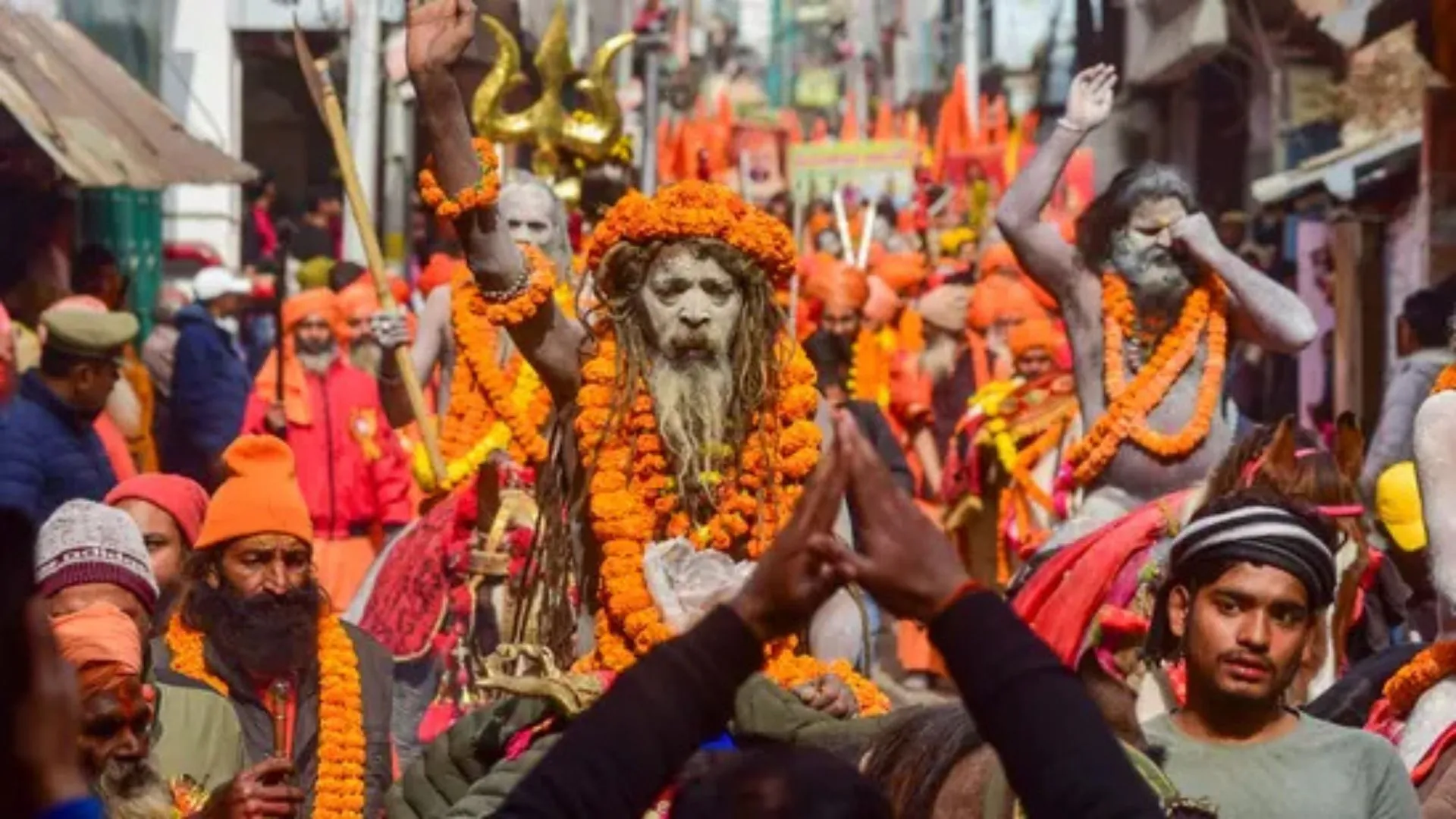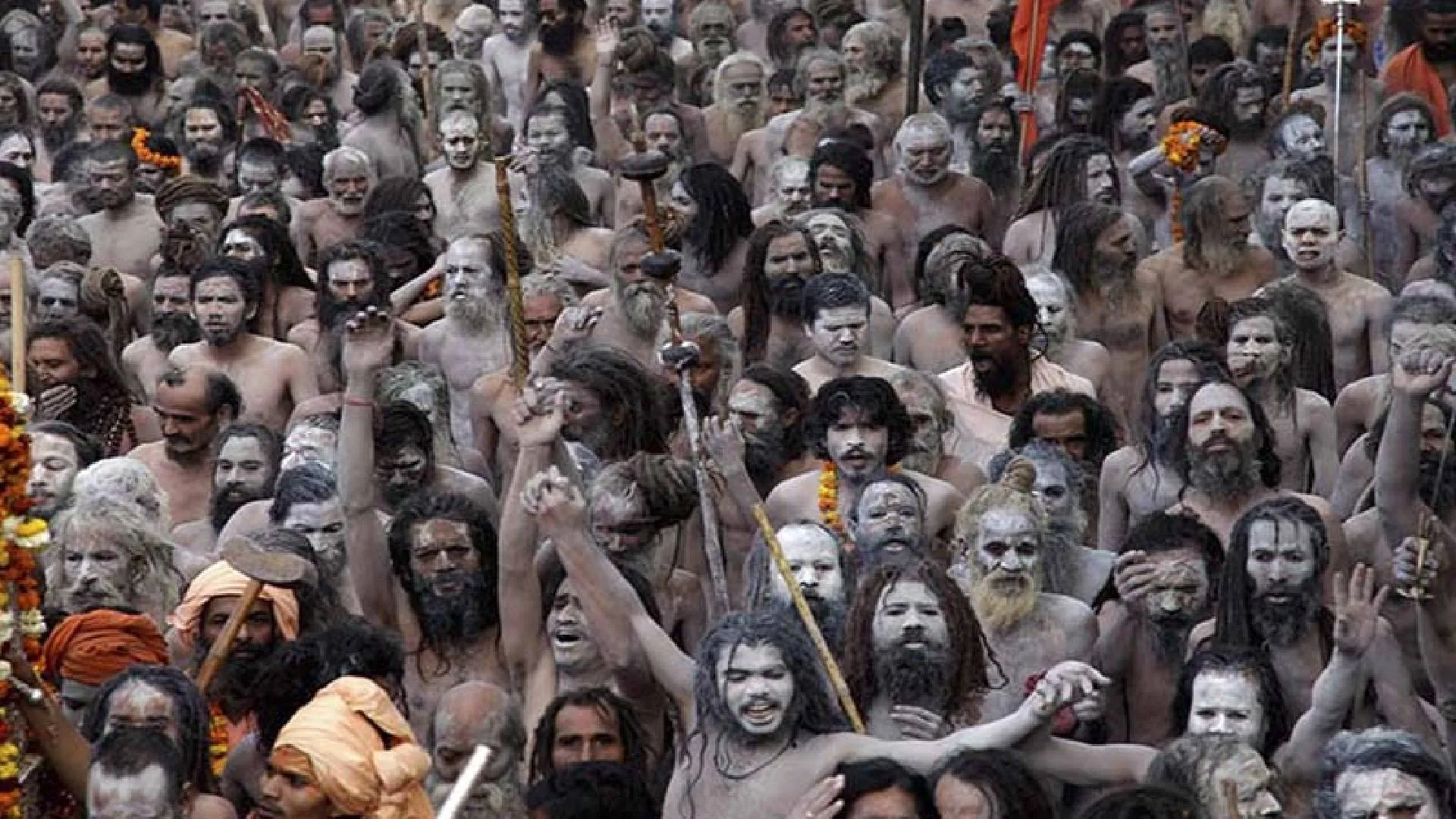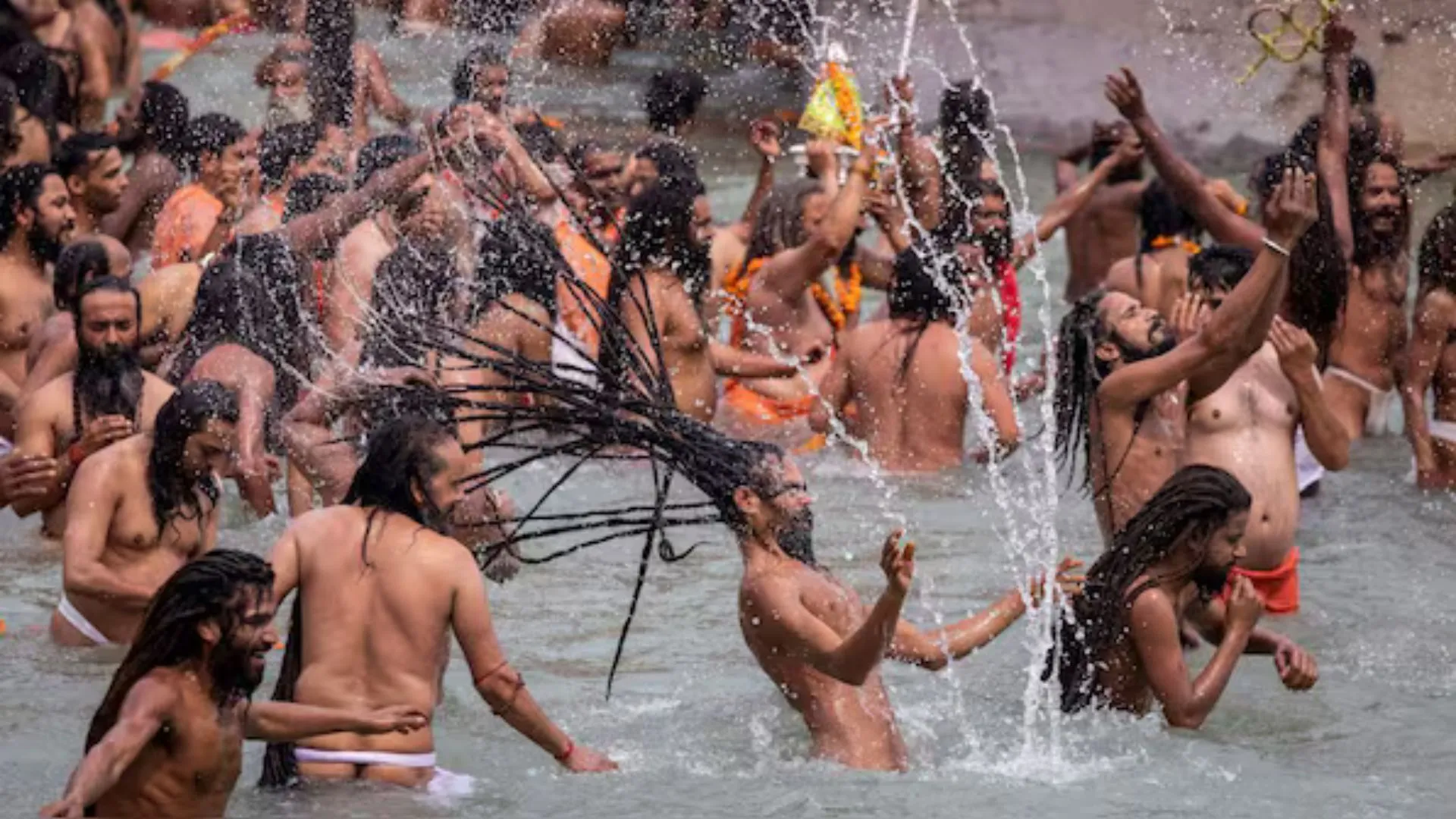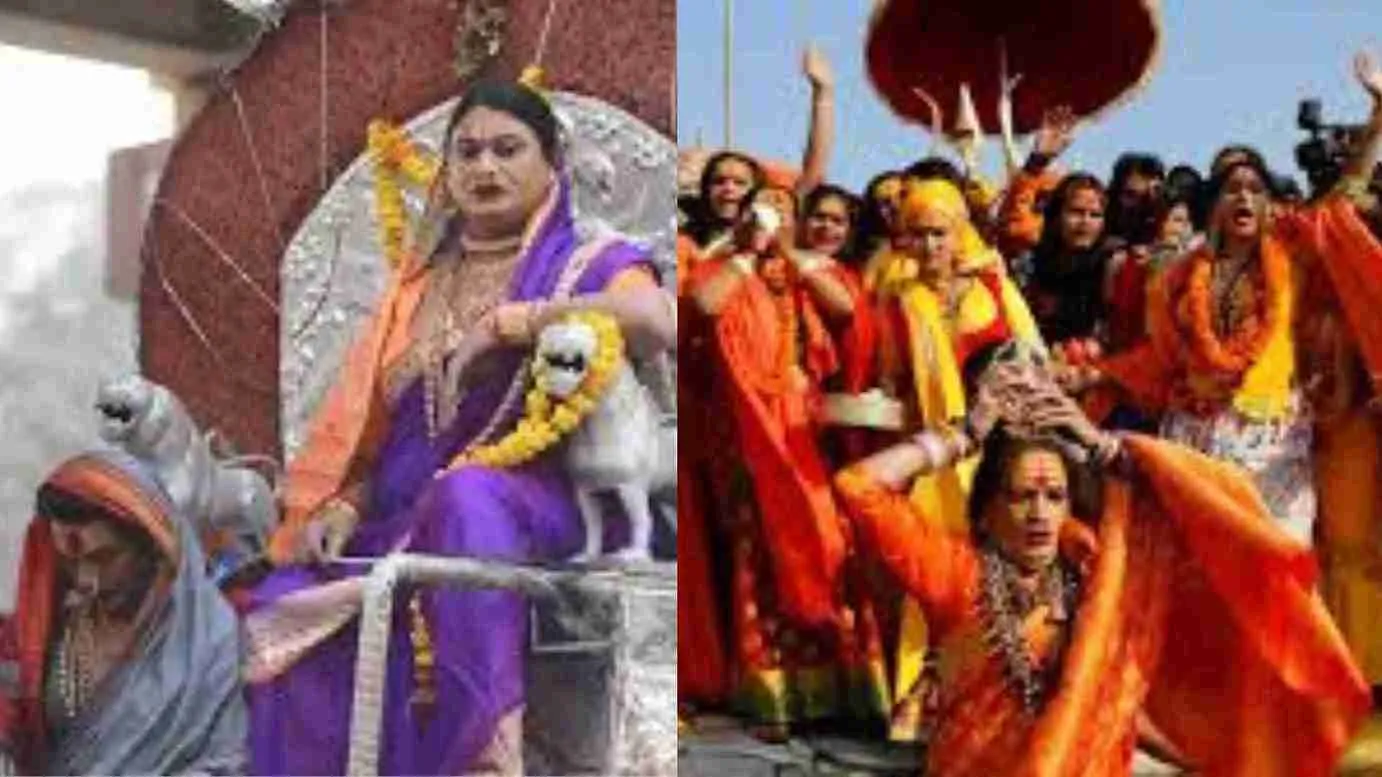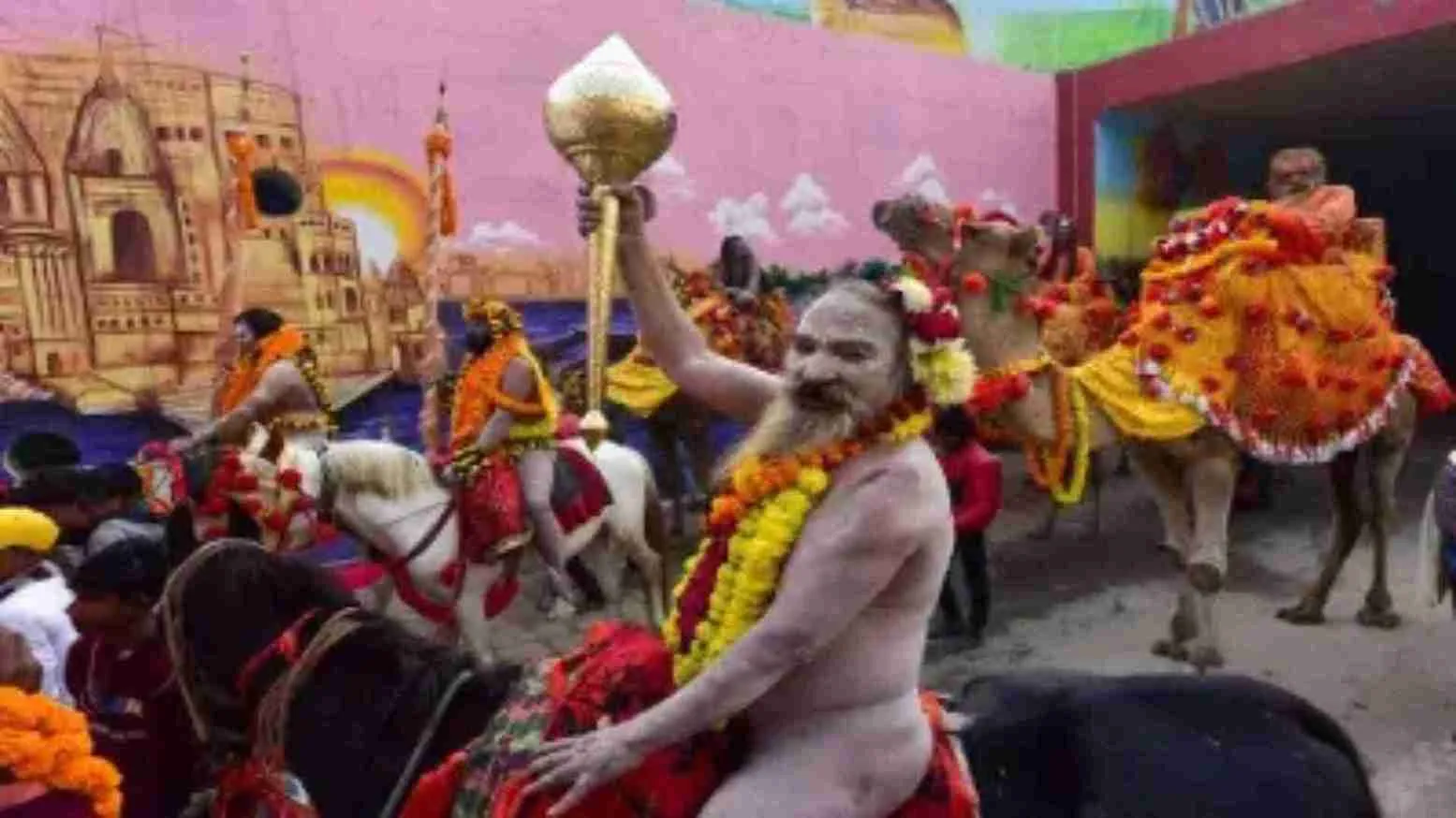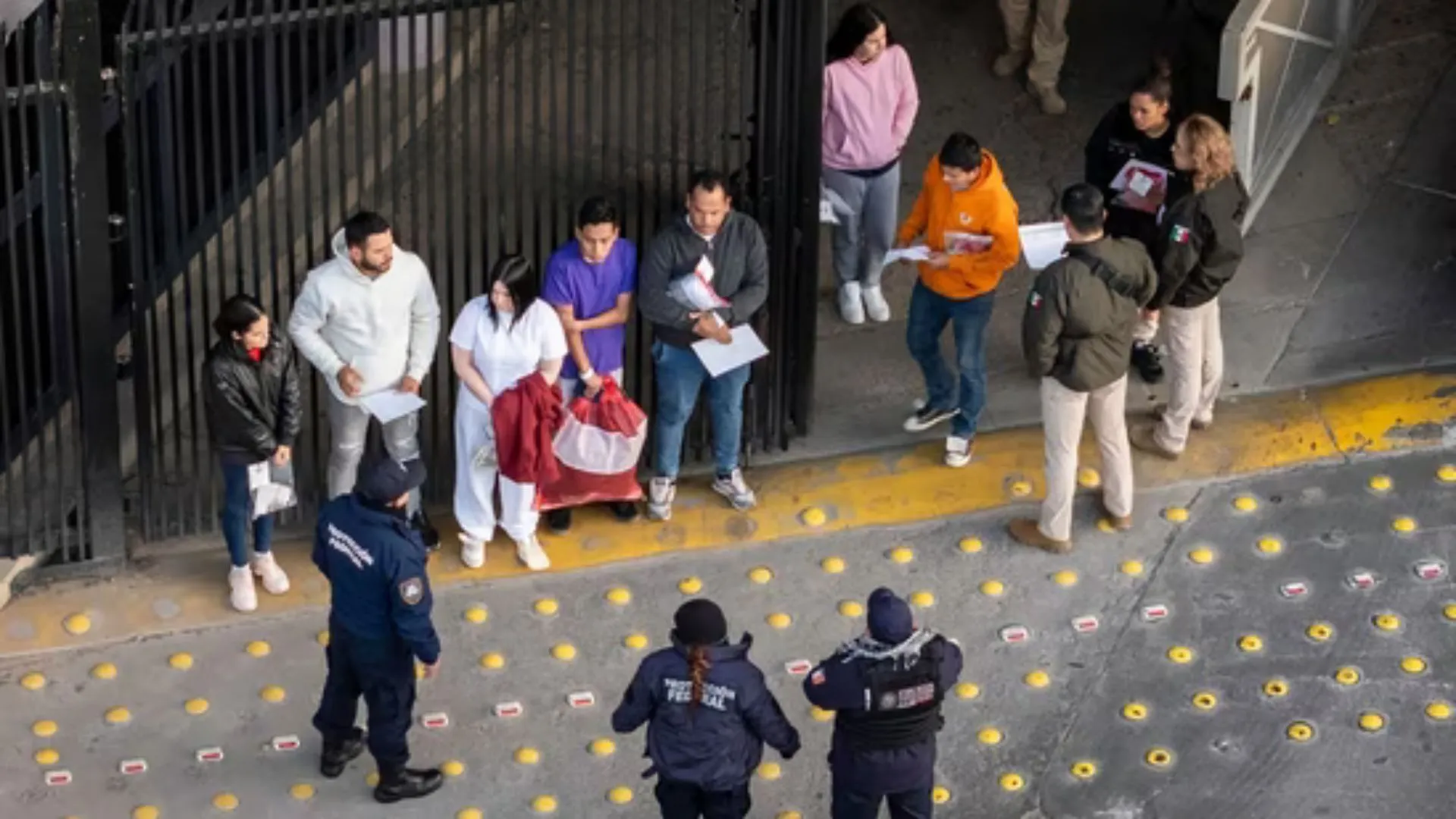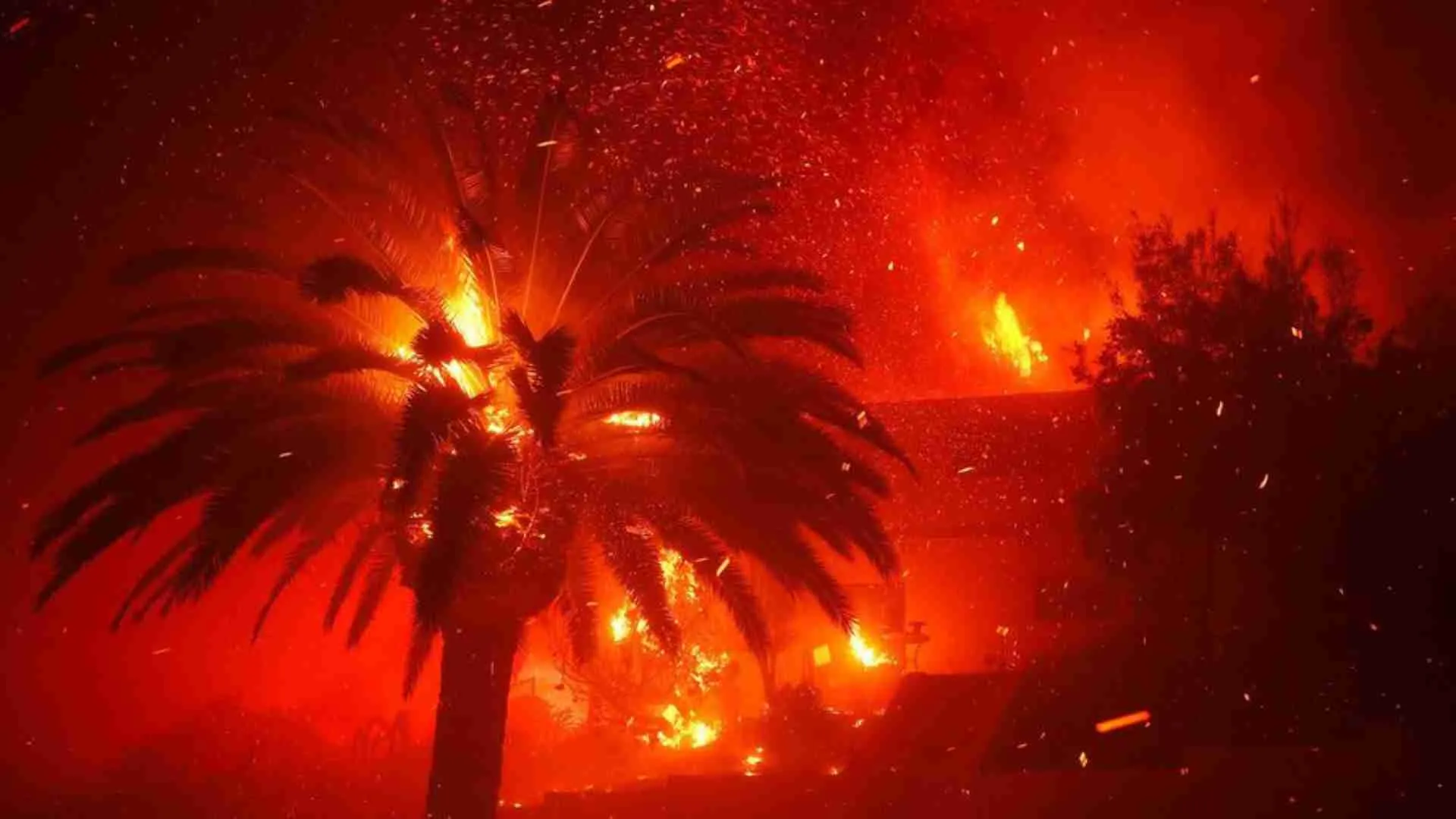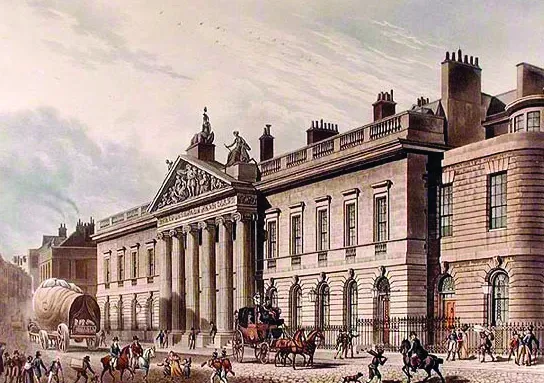Durga Puja, also known as Durgotsava, is one of the most significant and widely celebrated Hindu festivals, primarily in the eastern part of India, particularly West Bengal. The festival holds immense religious, cultural, and social significance:
Worship of Goddess Durga: Durga Puja is dedicated to the worship of Goddess Durga, who symbolizes the divine feminine energy and is seen as the embodiment of Shakti, or the supreme power. During this festival, she is honored as the ultimate source of strength and protection.
Victory of Good over Evil: Durga Puja celebrates the victory of Goddess Durga over the buffalo demon Mahishasura. It symbolizes the triumph of good over evil, righteousness over unrighteousness, and the vanquishing of inner demons and vices.
Unity and Community Bonding: Durga Puja brings communities together. It is not just a religious event but a time for people to come together, irrespective of caste, creed, or social status. Communities organize elaborate pandals (temporary structures) where the idol of Goddess Durga is placed, and people from all walks of life visit these pandals to offer prayers and enjoy cultural programs.
Art and Culture: Durga Puja is a celebration of art and culture. Elaborate idols of Goddess Durga are crafted, often with intricate details, and the artistic themes vary from year to year. The festival features a wide array of cultural performances, including music, dance, drama, and poetry readings.
Festive Atmosphere: The festival creates a vibrant and joyous atmosphere. The streets are adorned with decorations, lights, and colorful artwork. Processions with the idols, music, and dance performances make the atmosphere lively and celebratory.
Reverence for the Feminine Divine: Durga Puja underscores the significance of the feminine divine. It is a time to celebrate the power, grace, and nurturing aspects of the goddess. Women, in particular, are honored during this festival.
Prayer and Devotion: Devotees visit the puja pandals to offer prayers, seek blessings, and perform rituals. They express their devotion to Goddess Durga and seek her protection and guidance.
Culmination of Navaratri: Durga Puja marks the culmination of the nine-night festival of Navaratri. Each day of Navaratri is dedicated to a different form of the goddess, leading to the final celebration of Durga Puja on the tenth day, known as Vijayadashami.
Durga Puja is a time of cultural exuberance, religious fervor, and social harmony. It transcends religious boundaries and has a special place in the hearts of people, not only for its religious significance but also for the sense of unity, creativity, and festivity it brings to the community.



